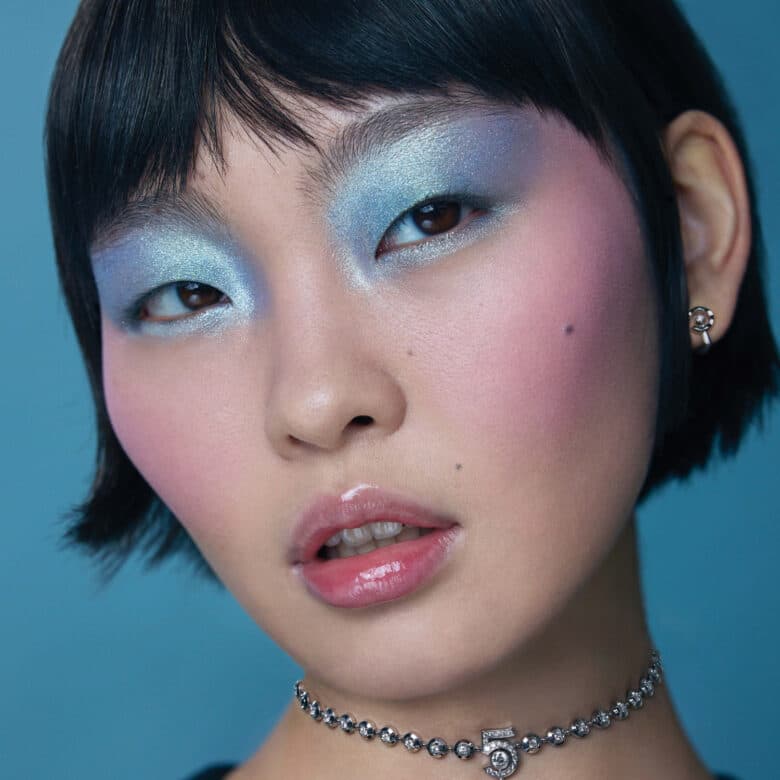A new ‘love’ drug to help failing relationships could be coming to a pharmacy near you

Love is an emotion that humans display uniquely well, however, scientists are yet to find a way to bottle up those butterflies we all experience at some point in our lives. Shockingly, it seems we may now be closer than ever before to recreating/enhancing that feeling we long for.
Dr Anna Machin, an evolutionary anthropologist at Oxford University claimed in a recent conference that love drugs “are on the horizon”.
Speaking at the Cheltenham Science Festival, the author of Why We Love: The New Science Behind Our Closest Relationships, Dr Machin, discussed the four key chemicals in the human brain behind the mechanics of love: oxytocin, serotonin, dopamine and beta endorphin.
A cocktail of these molecules are released when someone is in love or falling in love, which can drastically affect our moods, thoughts and actions. Oxytocin is known as the “cuddle” hormone and reduces inhibitions, dopamine is our “reward” hormone which makes us feel good, serotonin is what makes us obsess over another person, and beta endorphin is an opiate that makes us addicted, literally, to an individual.
Speaking after her talk, Dr Machin added: “Love drugs used in couples’ therapy could be available within three to five years.” These chemicals are likely to be based on the four neurotransmitters, like pure oxytocin, or a drug which can elicit greater production of one of them, like MDMA, also known as ecstasy.
“Oxytocin is very popular with commercial companies right now as it could help people become more confident when dating and help them fall in love,” stated Machin. “Oxytocin could be available within a decade for people to squirt up their nose before they go out on a Saturday night, at the same time as having a glass of prosecco,” she continued.
“MDMA, for people who go clubbing, makes them feel like they love everyone else in the room. But users also have a surge in empathy, so it could be used to help those struggling in their marriage.”
There’s ample evidence that suggests that a number of recreational drugs could have therapeutic benefits. A 2020 study found that LSD and psilocybin mushroom use was associated with a positive mood and greater empathy. Another recent trial at Imperial College London found that six months after psilocybin treatment, almost every romantically-involved participant in the study had noticed positive changes in their relationships.
Love drugs are nothing new in human history, back in the 1970s the synthetic hallucinogenic 2-CB was being sold commercially as the aphrodisiac Erox by German company Drittewelle. Eventually the drug was criminalised and is now used by party goers across the world recreationally.
As the stigma begins to fade for these substances it would seem logical that they would be used to supplement other elements of our lives including our ability to love. Although Machin conceded that “there are more ethical questions surrounding MDMA, so that is likely to take longer.”
Who knows? Maybe soon we’ll all be attending therapy sessions with our loved ones with MDMA flowing through our systems, rekindling lost flames and repairing bridges that had seemed all but burnt into ashes. However, thinking about it now, it all seems incredibly dystopian.

